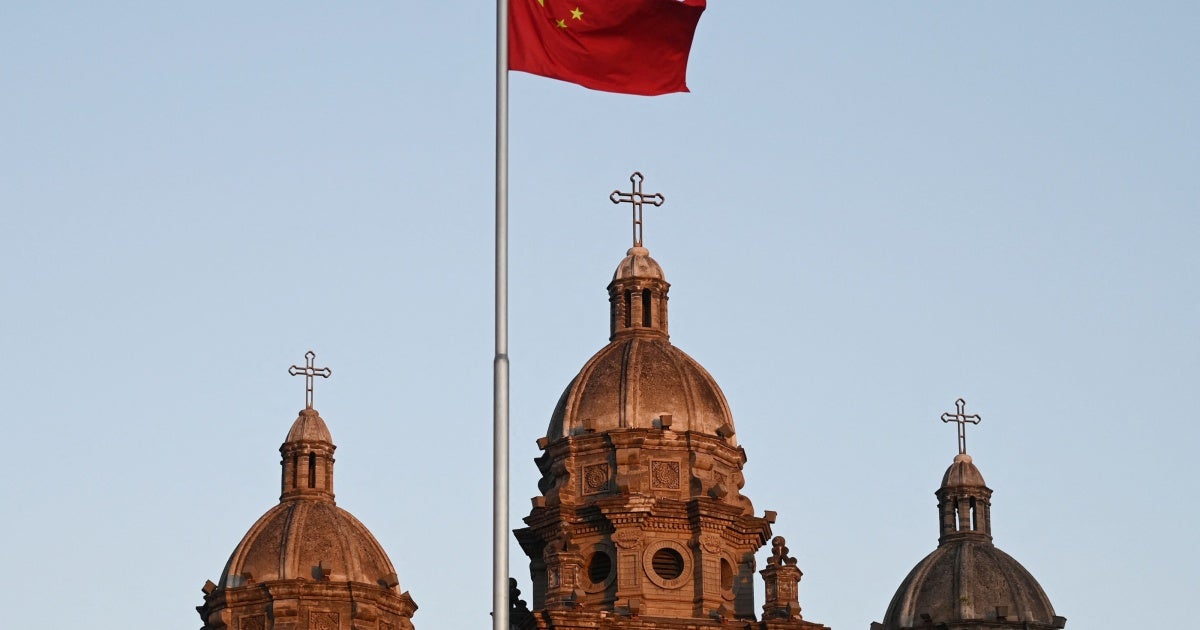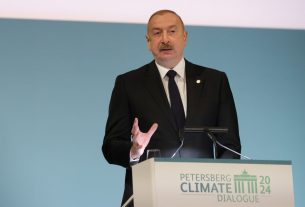(Rome) – The Vatican’s renewal of its 2018 agreement with the Chinese government should be the basis for improvements in religious freedom and other human rights in China, Human Rights Watch said today. The Chinese government should immediately free forcibly disappeared Catholic bishops, including James Su Zhimin, Augustine Cui Tai, Julius Jia Zhiguo, Joseph Zhang Weizhu, Peter Shao Zhumin, and Thaddeus Ma Daqin, as reported by the Hudson Institute.
On October 22, 2024, the Holy See and the Chinese government renewed, for the third time, the 2018 “Provisional Agreement regarding the Appointment of Bishops.” The 2024 renewal is for four years. Previous renewals, in 2020 and 2022, were for two years. Just prior to the recent renewal, the Chinese government officially recognized Melchior Shi Hongzhen, 95, an “underground” bishop who had faced years of persecution.
“The Vatican should make securing the release of its bishops a top priority in its relationship with the Chinese government,” said Maya Wang, associate China director at Human Rights Watch. “The Vatican’s renewed agreement with China will be a wasted opportunity if it doesn’t bring improvements for religious freedom in China.”
The 2018 agreement, the full text of which has never been made public, ended a decades-long standoff over who had the authority to appoint bishops in China. Under the agreement, Beijing proposes names for future bishops, and the pope has veto power over those appointments. The Vatican has never exercised such power, however, even when the Chinese government violated the agreement by unilaterally appointing bishops in 2022 and 2023. Since the 2018 agreement, the two parties have agreed on the appointment of 10 bishops; covering about a third of the over 90 dioceses in China that remain without a bishop.
The 2018 Holy See-China agreement was reached in the midst of President Xi Jinping’s increasing efforts to tighten already stringent controls over religions in China. The Chinese government restricts religious practice to five officially recognized religions in officially approved premises and retains control over religious bodies’ personnel appointments, publications, finances, and seminary applications.
The government has pressured the country’s estimated 12 million Catholics to worship in official churches under the leadership of the Chinese Patriotic Catholic Association. It has persecuted Catholics who have refused to worship in official churches, attending underground “house churches,” or who pledge allegiance only to the pope.
Since 2016, when Xi pledged to “Sinicize” religion, the authorities have demolished hundreds of church buildings or the crosses atop them, prevented adherents from gathering in unofficial churches, restricted access to the Bible, confiscated religious materials unauthorized by the government, and banned Bible and religious apps.
Pope Francis has said the Vatican-China agreement aims to “benefit … the Catholic Church in China and the Chinese people as a whole” and has recently expressed a desire to visit China. Gaining access to China should not come at the expense of speaking out on human rights violations, including freedom of religion, Human Rights Watch said.
“Now more than ever, Pope Francis should stand up for religious freedom in China,” Wang said. “His leadership for religious freedom is sorely needed to counter the Chinese government’s increasing persecution of all religious believers in the country.”



